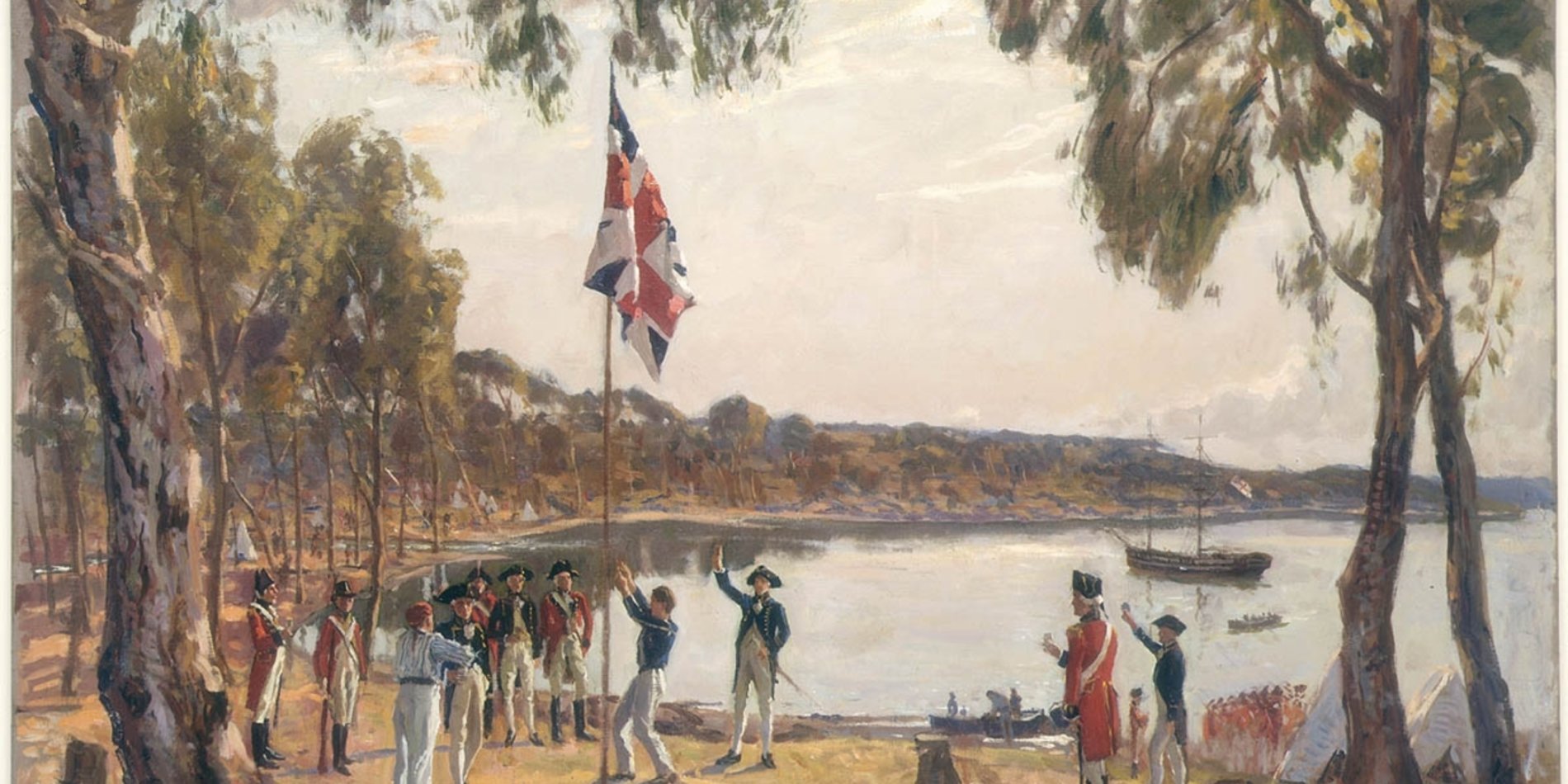Course Description
In 1787, the British government made the audacious decision to send its prisoners to a continent on the other side of the globe about which very little was known. Those on the First Fleet arrived to a place they could have never imagined with bizarre animals, an unfamiliar night sky, and the very seasons reversed. In this new colony, a motley crew had to learn to live together:
- military men, who were determined to make their unlucky posting pay off;
- the convicts, who found themselves exiled from their families and homes most often for petty crimes of poverty;
- the female convicts, who served primarily to fulfill the sexual needs of the men;
- and the Indigenous peoples, who were deemed absolute “savages” by their invaders.
Through early starvation days, rebellions, and frontier wars, a new society was contentiously formed, as various groups battled for supremacy, status, or simply survival and norms of race, class, and gender adapted to a unique environment.
In this IntroSem, we won’t just learn what happened; we will focus on how we know what happened. In this hands-on class, we will do the work of the historian: read and interpret primary sources. During class time, we will work in groups, essentially crowdsourcing primary research. In order to piece together what life was like on the ground, we will look at diaries, letters, newspapers, and government documents – including those at Stanford during a field trip to Special Collections. We will debate the extent to which we can trust the sources and how best to use “biased” reports. We will also read the interpretations of historians and decide whether or not we agree with them. In doing so, we will see that the writing of history is never complete. Assignments will include informal response posts, short (2-3 paged) analyses of primary sources, and a brief presentation on a primary source of your choosing.
Meet the Instructor: Melanie Burkett

“My fascination with Australia began when I studied abroad there as an undergraduate. I observed that Australian culture was much different than either American or British culture, even though both Australia and the United States had been British colonies. I began to wonder how that came to be. Later in life, I worked as an academic advisor focused on global engagement, helping students pursue opportunities abroad. As we processed my students’ experiences of integrating into new cultures, I became curious about a different group of global travelers: migrants in the nineteenth-century British Empire. So, I headed back to Australia to complete my PhD in History at Macquarie University (named after a man we will encounter in this class!). My research examines the integration of working-class British migrants into the colonial societies they joined and the relationship of working-class migration to settler colonialism. My first book – Opposing Australia's First Assisted Immigrants, 1832-42 – was published in late 2021. By day, I am an Undergraduate Advising Director in Neighborhood D/Magnolia."




